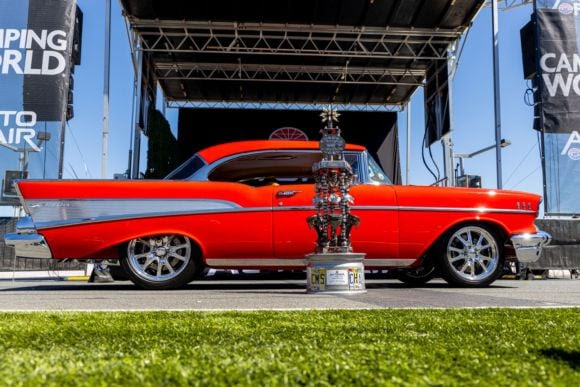In the unfortunate event of a car accident, one of the terms you might encounter is “totaling” your car. It’s a concept that can be confusing and stressful for many car owners. However, understanding what it means to total your car and what steps to take can help someone navigate this challenging situation with clarity and confidence.
Definition of Totaling a Car
When a car is totaled, it essentially means that the cost of repairing the vehicle exceeds its value before the accident. This determination is usually made by insurance companies, who use specific criteria to assess the extent of damage and the feasibility of repairs. The car’s current value will factor in depreciation and will more than likely, not be the amount you bought it for. Cars can be categorized in one of two ways. They can either be a “total loss,” meaning they are beyond repair, or “repairable,” where repairs are feasible but costly.
Factors Contributing to a Car Being Totaled
Several factors come into play when determining whether a car is totaled. The primary consideration is the cost of repairs compared to the car’s pre-accident value. If the cost of repairs exceeds a certain percentage (often around 70% to 80%) of the car’s value, it is likely to be declared totaled. This percentage may vary from state to state. Additionally, insurance companies take into account salvage value—the amount they could recoup by selling the damaged vehicle for parts or scrap.
Understanding the Total Loss Formula
Insurance companies use a formula known as the total loss formula to calculate whether a car should be deemed totaled. This formula considers factors such as the cost of repairs, salvage value, and pre-accident value of the vehicle.
For example, we’ll say your vehicle’s fair market value is $20,000. The insurance company approaches a salvage yard to see what it would pay for your wrecked car. Let’s say the salvage value comes to $7,000. Subtracting $7,000 from $20,000, leaves $13,000. In this example, if the estimated repairs exceed $13,000, the insurance company would total your car.
By plugging in these variables, insurers can assess whether it makes financial sense to repair the car or declare it a total loss.
What Happens When Your Car is Totaled
If your car is deemed totaled, there are several consequences to consider. Firstly, you’ll receive a payout from your insurance company based on the car’s pre-accident value minus any deductible you may have. However, it’s essential to understand that this payout might not cover the full cost of purchasing a replacement vehicle. Additionally, once your car is totaled, its resale value may decrease significantly, and you may face higher insurance premiums in the future.
Options for Car Owners of Totaled Vehicles
As a car owner, you have several options after your vehicle is declared totaled. One option is to accept the insurance payout and let the insurance company take possession of the vehicle. Alternatively, you may choose to retain the salvage and attempt to repair the car yourself or sell your totaled car. Finally, if you believe the insurance company’s assessment is incorrect, you have the right to dispute the total loss determination and negotiate for a higher payout.
If you choose to work with a car accident attorney, let them handle the insurance companies. An Albuquerque car accident attorney from a law firm that specializes in motor vehicle accident-related injuries relayed that insurance adjusters often employ tactics to minimize payouts. Some attorneys are skilled at countering such tactics to get you a fair settlement.
Steps to Take After Your Car is Totaled
If your car is totaled in an accident, there are several steps you should take to navigate the situation effectively. Firstly, ensure everyone involved in the accident is safe and seek medical attention if necessary. Next, contact your insurance company to report the accident and start the claims process. Be sure to document the damage to your vehicle thoroughly and gather any relevant paperwork, such as the police report and repair estimates.
Preventing Your Car From Being Totaled
While accidents are sometimes unavoidable, there are steps you can take to reduce the risk of your car being totaled. Regular maintenance, including checking fluid levels, tire pressure, and brakes, can help ensure your vehicle is in optimal condition and that it doesn’t break down. Additionally, practicing safe driving habits such as obeying speed limits, avoiding distractions, and maintaining a safe following distance can help minimize the likelihood of accidents.
Moving Forward
Totaling your car can be a stressful and challenging experience, but understanding the process and your options can help alleviate some of the uncertainty. By familiarizing yourself with what it means to total your car, the factors involved, and the steps to take after an accident, you can navigate this situation with confidence.







